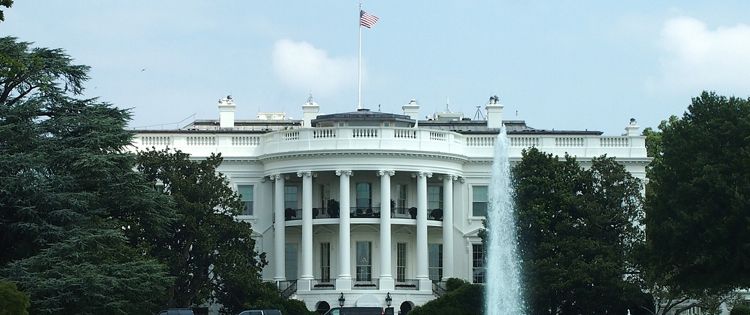Despite the fact that both major presidential candidates are causing a gag reaction in a historically large section of the US elections this year, there is one issue that might in fact, convince Americans there is something worth going to the polls for – at least in the 9 states that also have some kind of marijuana reform on the ballot.
Five of those states – including California, Massachusetts, Maine, Nevada and Arizona – have ballots to legalize full recreational use. Of those, it is expected that at least three – California, Massachusetts and Maine – will pass. The impact alone of California legalizing a regulated recreational industry will also move the conversation on a federal level that much closer to some kind of rescheduling.
This is an important time in the legalization fight because it also means on November 8, US elections, that the nation – at the state level – will be in a position starkly at odds with the federal government – and that means whoever is sitting in the White House.
View From The White House

Both Trump and Clinton’s positions on legalization have been – at best – deplorable. Trump is content to let the industry flourish on a state-by-state basis. Clinton has had to be pushed to adopt to the DNC’s own platform on legalization at all, which didn’t even have a position as of two years ago. No matter which one of them wins the White House, however, they will be in a position where Congress is having to change its tune because of the advocacy and activism of their constituents. It is unlikely, therefore, no matter their utterances on the topic, that any sitting president at this juncture will veto a pot reform bill that the resident of 1600 Penn will undoubtedly see in the next four years.
It is also very likely that if no reform goes through Congress in the first two years of the next presidency, the overwhelming strength of the movement will force some action within the next four, certainly after the midterms, when even more states are likely to line up in the pro-reform camp.
But what will that bill actually look like?
Rescheduling Marijuana

The first thing on the agenda is rescheduling the drug. With Germany becoming the first country in the world next year on schedule to reschedule all marijuana as a Schedule III, the United States can no longer pretend that the drug has no medical efficacy. With rescheduling, however, comes a couple of very big issues – both of which will affect national policy immediately.
The first thing it means is that insurance companies will be forced to provide some kind of coverage (thereby giving a huge boost in the arm if not the pocketbook of all existing medically-focussed providers).
The second is that the marijuana industry will no longer be a solely cash-only business. This in and of itself represents a major development for the industry as a whole – not just medical. It means that all pot-based businesses will finally be able to actually open bank accounts.
It also means that modern, accountable regulation and taxation, will not be far behind.
A Booming Business Environment

The boon that rescheduling will offer to the investment and research front can also not be ignored. With “legalization” via rescheduling, a raft of new issues also comes to the fore.
At present, marijuana’s Schedule I designation means that research, in particular, is stymied at the federal level. In fact, all of the research going on the United States at present is funded by the State, not federal dollars (in particular out of Colorado).
In addition, there is the issue of major institutional investment in the overall industry. Right now, larger investment entities – from banks to retirement funds – are still shying away. As soon as pot becomes “legal” via rescheduling, this too will change. It would not be surprising to see the largest pension funds in the country lining up to invest retirement funds in the nation’s most valuable cash crop.
What this will do to the industry itself is anyone’s guess. It is not as simple as it seems. The longer the U.S. holds out on rescheduling, the more international competition will literally grow up around it. Marijuana imports from countries starting with Canada is not an outrageous proposition. More likely, given the history of both trade and agriculture in the U.S., it is not the most outlandish thing to expect an American instigation of the first trade war on pot.
Build a wall on the Mexican (or Canadian) border anyone?
Will The Next President Change Things?
The reality is that neither major party candidate is expected to be a standard-bearer of reform. The election won’t change things on the federal level.
The biggest change, however, post-November 2016, will, as it has been so far, come from the individual states whose residents are tired of the status quo.
Will the cannabis industry face a massive challenge after the US elections?
We would like to hear from you!
- Guenter Weiglein – The Persevering Patient - July 7, 2017
- Dr Peace – A German Cannabis Doctor On The Go - July 5, 2017
- The German Marijuana Edibles Market - July 3, 2017


